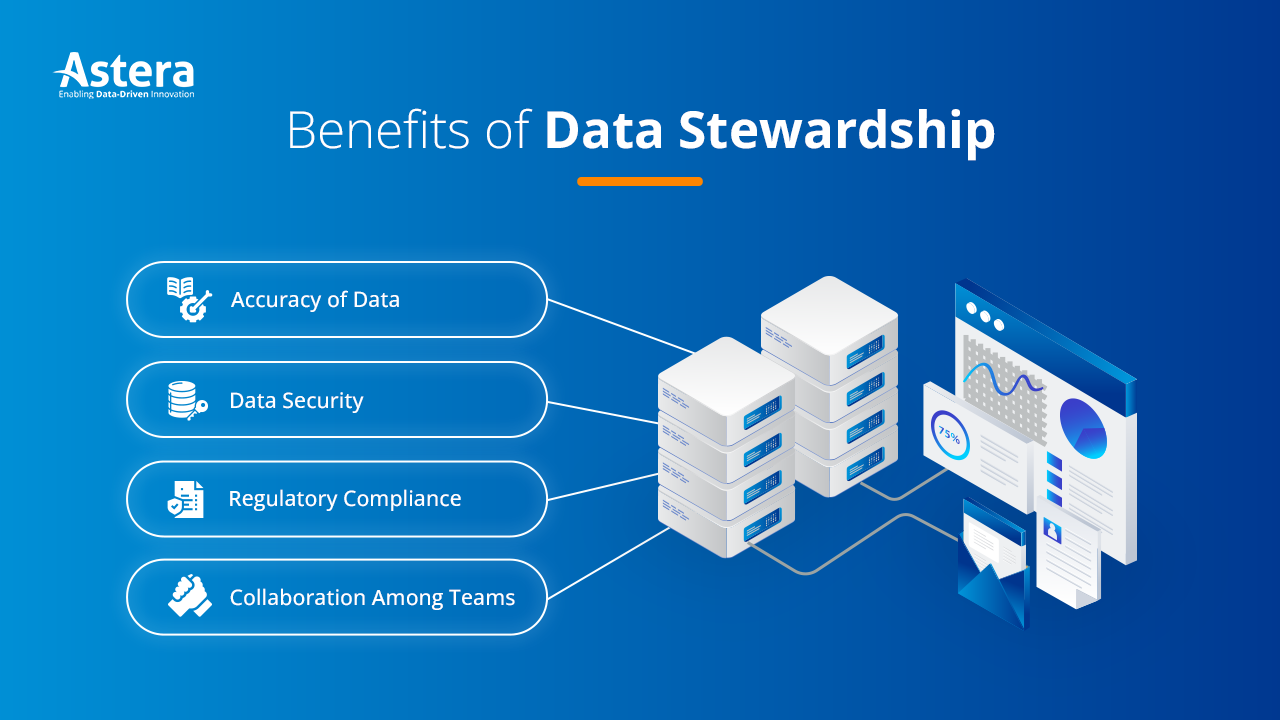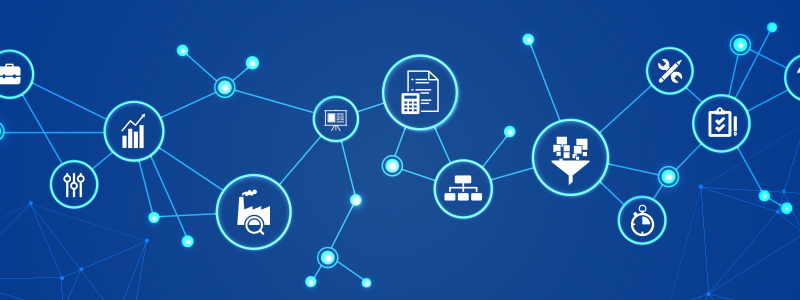In a world where data is king, we need to responsibly manage data more than ever before. Organizations worldwide are collecting and processing vast amounts of sensitive data. Therefore, it is crucial to have an adequate data stewardship strategy in place. Data stewardship acts as your guardian angel of data, ensuring that your sensitive data is used ethically, legally, and securely.
In this blog, we will explore the world of data stewardship in detail, including the role of a data steward and the importance of data stewardship. So, get ready to discover how data stewardship can make the digital world a safer and more trustworthy place.
The Concept of Data Stewardship
Data stewardship is the process that ensures that the data is managed responsibly, ethically, legally, and securely throughout its entire lifecycle. From the initial stage of data extraction to the last stage of data disposal, data stewardship provides steps to protect sensitive data from unauthorized access, use, and disclosure.
Picture this: you are lying in your bed, scrolling through the feed of a social media app, and suddenly an ad pops up that is eerily targeted to your interests. How did they know? The answer lies in the colossal amount of sensitive data being collected and analyzed by companies. However, with this great power of data comes the great responsibility of safeguarding it.
This is where data stewardship comes in.
However, data stewardship is more than just a bunch of policies & procedures pinned to a green board in an office. It is also about establishing a culture of trust and accountability around managing data in an organization.
By setting clear policies, procedures, and stringent standards, you can ensure that all significant stakeholders understand and perform their responsibilities in safeguarding data.
Data stewardship is part of data governance, which involves setting policies to protect data from loss, corruption, theft, or misuse. But whereas governance establishes high-level policies, stewardship ensures that these policies are being actually followed.
Role of a Data Steward
Data stewards are gatekeepers of enterprise data, ensuring that the data is of the highest quality and used effectively. Their responsibilities include:
- Creating & managing metadata for their data sets.
- Establishing data quality standards.
- Developing data security & data retention policies.
An organization has various data domains. For each of these domains, there is at least one data steward who ensures the data’s quality. Moreover, they continuously provide that the data is accurate, complete, up-to-date, and only used by authorized users.
Data stewards are indeed the champions of data stewardship. They promote the culture of responsible data management and educate relevant stakeholders on good case practices for data collection and use. All in all, data stewards are a crucial component of any organization’s data management strategy.
Data stewards can use end-to-end data management tools such as Astera Stack to fulfill their roles and responsibilities. Such data management tool feature data control, data security, risk management, and workflow automation.
Importance of Data Stewardship
A data steward is like a shepherd for an organization’s data, ensuring it is accurate, secure, and high-quality. The importance of data stewardship cannot be overstated. Let’s look at some reasons why it is essential for your organization.

Accuracy of Data
Accurate data is crucial for making data-driven decisions and measuring whether operations are efficient and effective. By ensuring data accuracy, data stewardship plays a critical role in ensuring that your organization has access to reliable information on which to base its decisions.
Data Security
Data security is a popular buzzword nowadays among businesses. However, its popularity is well-justified. Since companies carry sensitive data such as customers’ personal information, financial data, and trade secrets, only those authorized must have access to such data. Data stewardship helps businesses to ensure that such sensitive data remains secure and only accessible to those authorized.
Regulatory Compliance
Organizations in many industries must ensure compliance with data regulations such as GDPR and CCPA. Data stewards bear the responsibility of guaranteeing that an organization is up-to-date and abiding by all regulations related to data management. As a result, this protects organizations from any legal issues or penalties which can be substantial and adversely impact operations.
Collaboration Among Teams
Data stewards work with business units and IT teams to break down data silos and promote collaboration to enable cross-functional decision-making. Such cross-functional collaboration requires effective data management. And when it comes to managing data effectively, data stewards are the superheroes in an organization that ensure effective data management and contribute to business success.
Conclusion
In conclusion, data stewardship ensures the quality, usability, and security of an organization’s data assets. Data stewards play a crucial role in this process, promoting collaboration and facilitating cross-functional decision-making. By prioritizing data stewardship, organizations can unlock the full potential of their data, drive innovation, and stay competitive in today’s data-driven world.
A Comprehensive Solution for Data Management
An end-to-end data management software like Astera Data Stack can help you acquire detailed analysis that’ll change the face of your business. It can radically transform your business for the better. From superior decision-making to lowering the costs of IT, it provides you with more accurate and consistent data that can be easily accessed via a user-friendly interface with drag-and-drop functionality.





